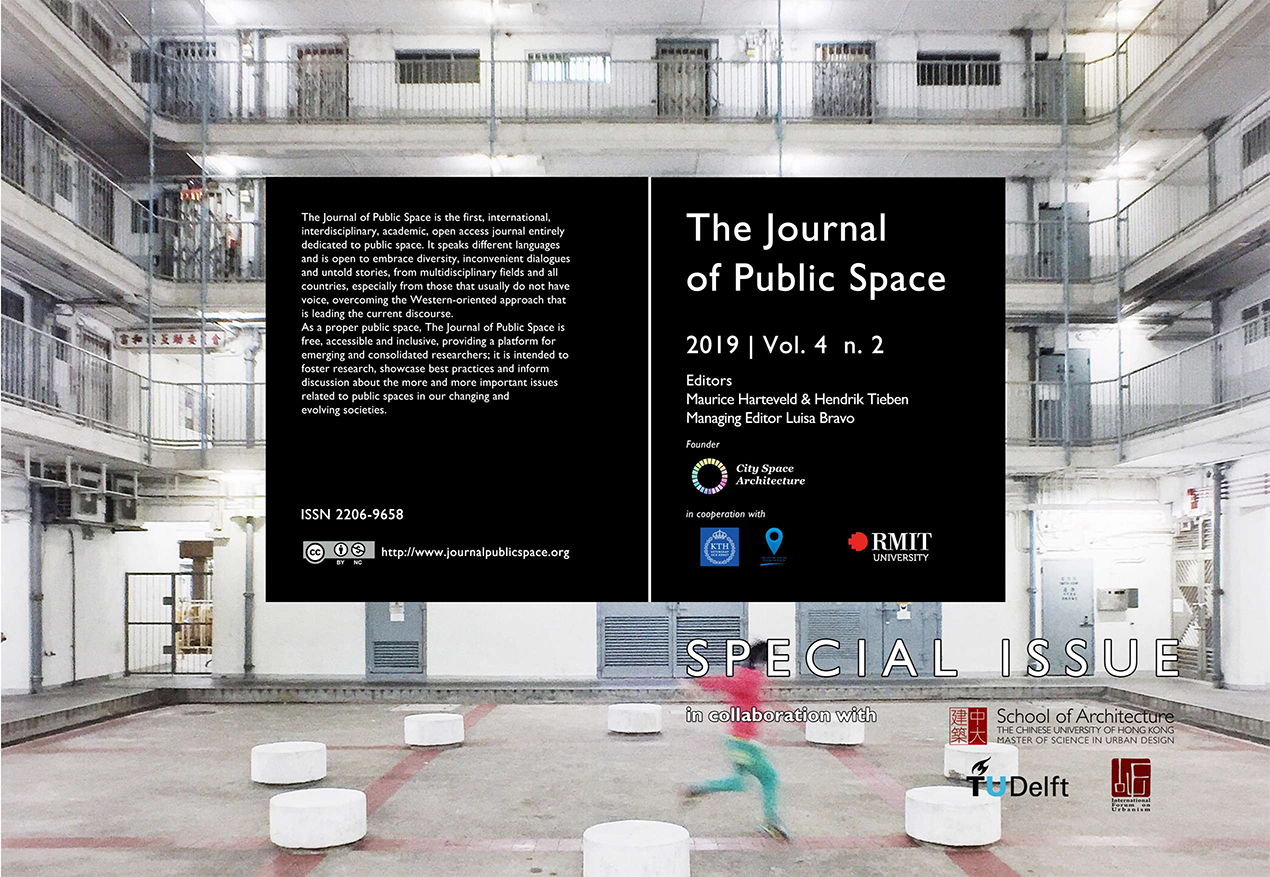New public spaces have emerged in the entrepreneurial city. Their existence relates to entrepreneurial action of public governments, of the people, inhabitants of the city, and of entrepreneurial alliances of civic actors. The entrepreneurial way of governmental action led particularly to new spatial conditions and typologies as governments delegated the responsibilities for the production and management of public space to private actors. This extended the debate to the city’s public space in its ubiquitous shopping malls and private residential estates. Secondly, the opportunities which the city offers for the entrepreneurial contributions of general citizens, migrants, and refugees, relate to its public spaces too. Characterised by the proximity of mixed land-uses and flexible building typologies, as well as a well-connected street network and high density, the new urban typologies, effecting public space in their socio-economic nature, are found in many places, using the same models concerning citizens initiatives and popular action. Lastly, new emerging alliances of actors form the relationship of the ‘entrepreneurial city’ and public spaces. These alliances of civil society groups comprise old and new NGO’s, academics and activists, and start-ups of social enterprises launch own initiatives to co-designs alternative community spaces, more affordable and communicative workspaces, and build capacities. Such trends can be seen in cities worldwide too and start to create new forms of public spaces, which facilitate social interaction while creating more micro-economic opportunities.

Read full editorial online:
Maurice Harteveld and Hendrik Tieben (eds) (2019) ‘Public Space in the Entrepreneurial City’, In: The Journal of Public Space (Special Issue), 2019, Volume 4, Number 2, pp. 1-8
Continue reading →


